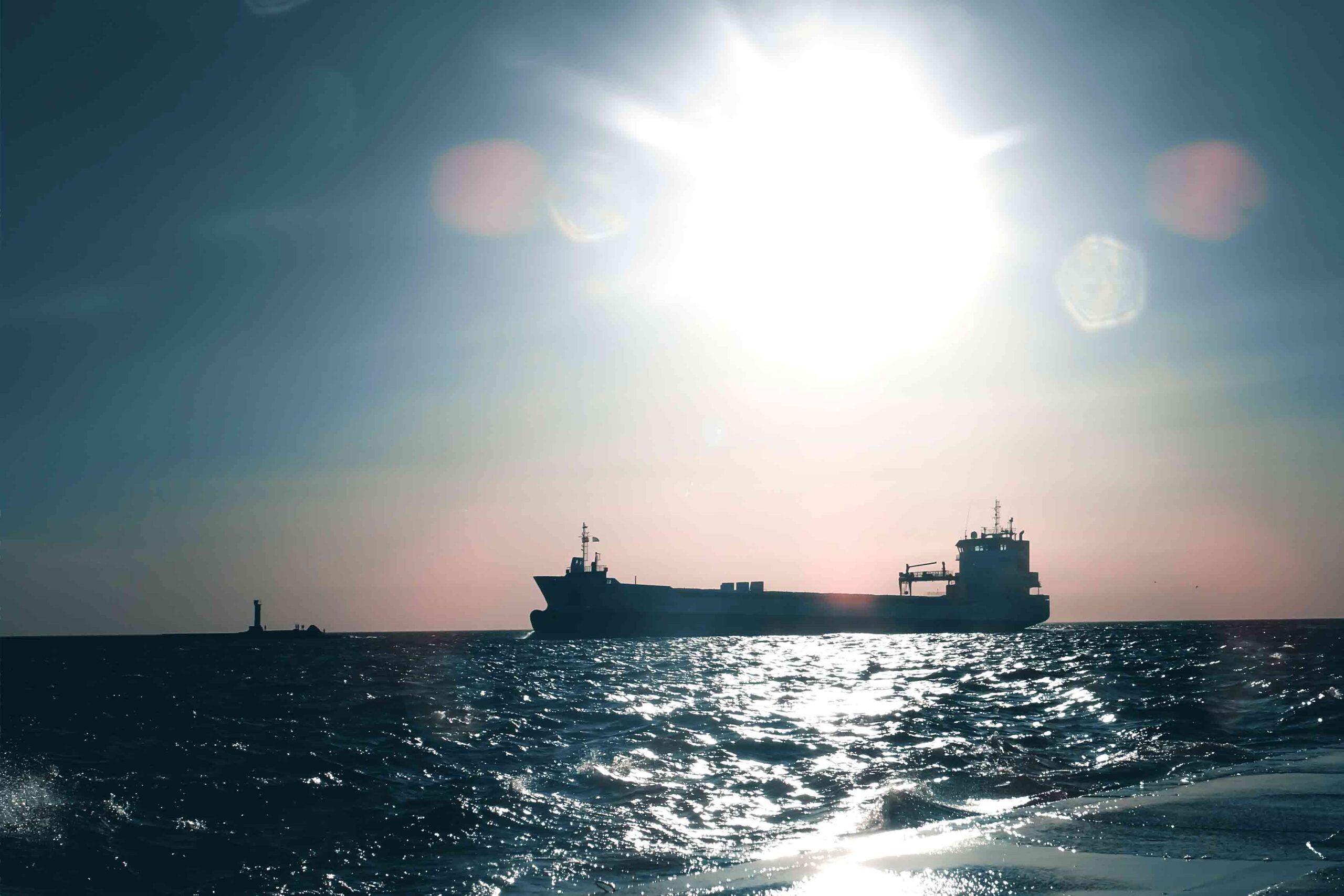Chatting with folk in shipping and skimming through the industry press I am amazed how little awareness there is of the European Union’s upcoming taxonomy regulation.
For the uninitiated, no, this is not some new biological classification system dreamt up in Brussels, rather it is something that will dramatically alter the landscape of ship finance in Europe.
The EU taxonomy regulation, due to come into place on January 1 next year, is a complex system to classify which parts of the economy can be marketed as sustainable investments. It includes a long list of economic activities, plus detailed environmental and social criteria that each must meet to earn a green and sustainable label.
The Poseidon Principles as we know them today will basically become formalised in EU regulations
As well as one social objective, there are six environmental ones and these are worth detailing as once you read what they are, you ought to be able to join the dots and work out just how seismic this new law will be.
As well as climate change mitigation and adaptation, the other environmental objectives cover the sustainable use and protection of water and marine resources, the transition to a circular economy, pollution prevention and control and lastly the protection and restoration of biodiversity and ecosystems.
These six items will have an amazing effect on shipping and finance when they kick in in around eight or nine months’ time and yet, remarkably, so few in our industry appear to be aware about their significance.
We don’t know all the effects – but one is a CO2 tax, something that will ultimately shape the next generation of ships built.
Fleet renewal will be necessary, but it cannot happen quickly, as slots are booked up through to 2025.
Shipyard forward cover has increased to 2.9 years from 2.4 in November 2019, according to Clarksons. It really is such a unique situation where yards are so full it has become basically impossible to oversupply most shipping segments.
All these new regulations mean vessels will need to go slower, so supply goes down and we will have a very good freight environment for the coming two years for bulkers and tankers.
Frankly, we don’t need a carbon tax at the moment as fuel prices are just so expensive with bunker prices topping the $1,000 per tonne mark earlier this year.
Banks and other regulated lenders will in the future get penalised with more capital requirements of the loans they give when these new EU regulations start and the loans are not green/sustainable enough. Green loans and bonds will be massive. The Poseidon Principles as we know them today will basically become formalised in EU regulations.
The flip side of all of this is that non-European financiers – especially from Asia – will most likely get an advantage in the future.
This article first appeared in the latest issue of Maritime CEO magazine. Splash readers can access the full magazine for free by clicking here.


